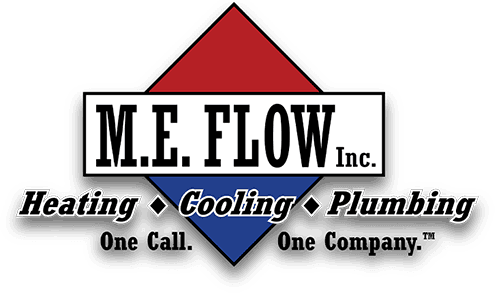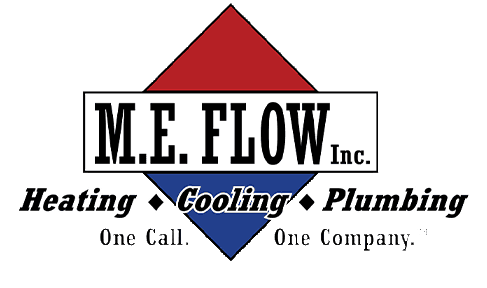As we've entered a new year, it's the perfect time for all of us to take stock of our surroundings and ensure everything is in tip-top shape, including our plumbing.
Neglecting your plumbing system can lead to costly repairs and inconvenient disruptions. To help you start the year on the right foot, here are some essential plumbing maintenance tips for your home or business.
- Inspect for Leaks: Start your plumbing checklist by inspecting all visible pipes for leaks. Leaking pipes can cause water damage, mold growth, and increased utility bills. Check under sinks, around toilets, and in the basement or crawl spaces. Address any leaks promptly to prevent further damage.
- Test Water Pressure: Low water pressure can be indicative of various plumbing issues, such as clogged pipes or a malfunctioning water heater. Test the water pressure in different faucets and showers throughout your home or business. If you notice a significant drop in pressure, it's advisable to call a professional plumber to diagnose and resolve the issue.
- Flush Water Heaters: Sediment buildup in your water heater can reduce its efficiency and lifespan. Flush the water heater to remove sediment and ensure optimal performance. This simple task can also help improve energy efficiency and save you money on your energy bills.
- Clear Drains: Clogged drains are a common plumbing issue that can lead to slow drainage or backups. Use drain strainers to catch debris, and regularly clean them to prevent clogs. If you notice slow drainage, don't put off addressing the issue.
- Check Toilet Components: A running toilet can waste a significant amount of water and increase your water bills. Check the components inside the toilet tank, including the flapper, fill valve, and flush valve. Replace any worn-out parts to ensure your toilet operates efficiently.
- Inspect Washing Machine Hoses: Check your washing machine hoses for signs of wear, bulging, or leaks. Replace any damaged hoses to prevent potential flooding. Consider upgrading to stainless steel hoses, which are more durable and less prone to failure than traditional rubber hoses.
- Test Sump Pump: If your home or business has a sump pump, test it to ensure it's in good working condition. Pour water into the sump pit and observe whether the pump activates and pumps the water out. A functioning sump pump is crucial for preventing basement flooding, especially during heavy rain or melting snow.
- Winterize Outdoor Plumbing: Take steps to protect your outdoor plumbing from freezing temperatures if you haven't done so yet. It only takes one freezing event to cause problems! Disconnect and store garden hoses, insulate outdoor faucets, and consider installing frost-free hose bibs. Proper winterization can prevent burst pipes and expensive repairs.
- Schedule a Professional Inspection: While DIY maintenance is essential, scheduling a professional plumbing inspection can uncover hidden issues and provide peace of mind. A qualified plumber can identify potential problems early on, saving you from major headaches and expenses down the line.
- Educate Household: Finally, take the opportunity to educate your household members and staff about responsible plumbing practices. Remind them not to flush non-flushable items down toilets, avoid pouring grease down drains, and report any plumbing issues promptly.
By incorporating these plumbing maintenance tips into your routine at the beginning of the year, you'll be taking proactive steps to ensure a smoothly running plumbing system throughout the year. Regular maintenance not only prevents emergencies but also contributes to the longevity and efficiency of your plumbing infrastructure. Don't wait until a minor issue turns into a major problem—start the year off right with a plumbing checkup. Remember that if you need help, we are here! Give us a call at (703) 297-8610

